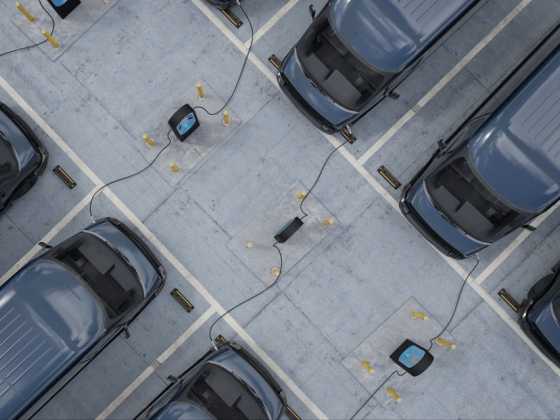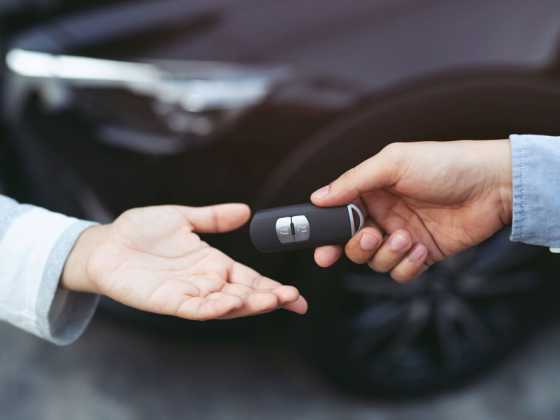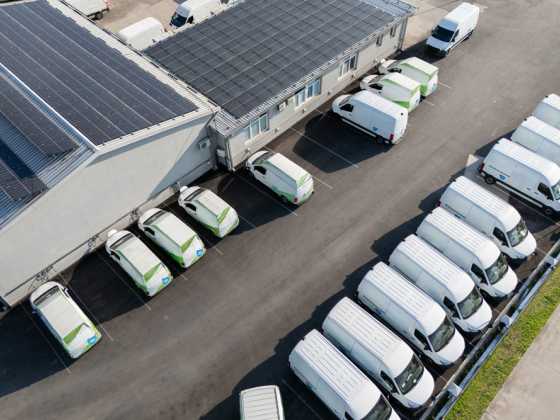A different way to look at challenges

While there is plenty of change occurring in the fleet industry, it should be seen as an opportunity to shape fleets for the future, writes Geoffrey Bray from the Fleet Industry Advisory Group
The pace of fleet industry change is unprecedented and that presents fleet decision-makers with challenges. But too many people in the industry view the numerous issues raised as threats where as I view them as opportunities.
Arguably the three biggest challenges facing fleet decision-makers are the introduction of the Worldwide harmonised Light vehicles Test Procedure (WLTP); government policy around diesel and the national media’s ill-founded ‘demonisation’ of the fuel; and a lack of clarity about company car benefit-in-kind taxation post-April 2020.
To that list can also be added government pressure to introduce plug-in and ultra-low emission vehicles to company car choice lists, and the anticipated widespread introduction of Clean Air Zones in towns and cities nationwide starting in April 2019 with the Ultra-Low Emission Zone in central London.
There are other issues – Brexit, the General Data Protection Regulation (GDPR), and the growth of the ‘connected car’ and ‘big data’. What’s more, for fleets that contract hire, there are the lease accounting standard changes that are effective from 1 January 2019.
But to return to the three ‘big’ challenges as I see them.
Opportunities, not challenges
Too often businesses view challenges as the time to retain the status quo and, in short, do nothing preferring to wait to see ‘what happens’.
However, as a businessman of some 50 years standing and having been involved in the fleet industry for more than 30 years, every challenge – often seen as a threat – presents an opportunity.
In the case of the three ‘big’ challenges the focus should be on reviewing company car choice lists and ensuring they deliver on all fronts including: business need, fitness-for-purpose, total cost of ownership and driver satisfaction.
The big problem for many businesses is that, unfortunately, as FIAG has said previously, too many organisations no longer employ a full-time, professional and experienced fleet manager with the knowledge and confidence to make decisions and present their case to company directors.
Instead, those professionals with many years of experience have been made redundant or not replaced on retirement and businesses have taken the decision to outsource the fleet operation to third parties that, while promising service and bespoke solutions, almost certainly also have other stakeholders to satisfy.
Base decisions on fact
The ‘wait and see what happens’ approach will invariably cost businesses money: Extending fleet replacement cycles is just one ‘solution’ that has been promoted amid the challenges faced. But that adds costs to fleet budgets particularly maintenance bills and additional rental charges for fleets that lease; and can breed driver dissatisfaction.
Similarly, what’s the problem with today’s Euro 6 emission diesel cars that produce more power and torque with lower CO2 rates when compared with traditional petrol-based engines? What’s more, local authorities believe their adoption can help improve air quality as they meet the free entry criteria of the Ultra-Low Emission Zone in London and the draft criteria for other Clean Air Zones nationwide.
The point is that fleets should not follow the popular vote – the national newspaper headlines or comments from those in the industry that have an ulterior motive – they should make decisions based on the facts and total cost of ownership data. Today’s sophisticated hi-tech diesel cars continue to make good sense for many business and company car drivers.
What’s more those fleet managers brave enough to make that decision and buy new diesel cars may well be receiving a pat on their back from their finance director in three or four-years when they are sold – and those fleets that lease may ask their supplier for a share of the potential cash windfall. Evidence from vehicle auction watchers suggests that good quality diesel cars continue to be a desirable second-hand investment with no move away anticipated. As a result, if the slump in new diesel car sales continues there may well be a shortage of models entering the used market in 2021/22 and beyond – thus attracting a residual value windfall. Simultaneously, a market flooded with ‘hard to sell’ petrol cars is likely to see values nosedive.
WLTP
WLTP is undoubtedly a huge challenge, but early indications are that manufacturers introducing new models to market have been able to overcome the challenge posed.
The all-new Ford Focus – Britain’s best-selling car – is a good example. The manufacturer has been able to deliver “fuel efficiency and CO2 emission improvements of 10 per cent across the range” making the figures little different from those of the outgoing model.
Ford has been able to harness innovative technologies, new aerodynamic features and weight-reducing techniques to limit CO2 emission rises and fuel economy reductions as a result of the introduction of WLTP. However, where manufacturers have been forced to homologate existing models to WLTP protocols, a rise in MPG and CO2 emissions – and thus the tax burden – is the result. So the message is review choice lists and introduce wholly new models if possible.
Legislators in the UK and worldwide and manufacturers are all working towards reducing vehicle emission – fleet decision-makers may not know exactly the shape of company car benefit-in-kind tax beyond April 2020, but it is a good bet that the lower the CO2 emissions of a car, the lower the tax.
To standstill is to effectively go backwards. Yes, there are challenges aplenty, but grasp the opportunity and shape fleets for the future. It will pay dividends.






